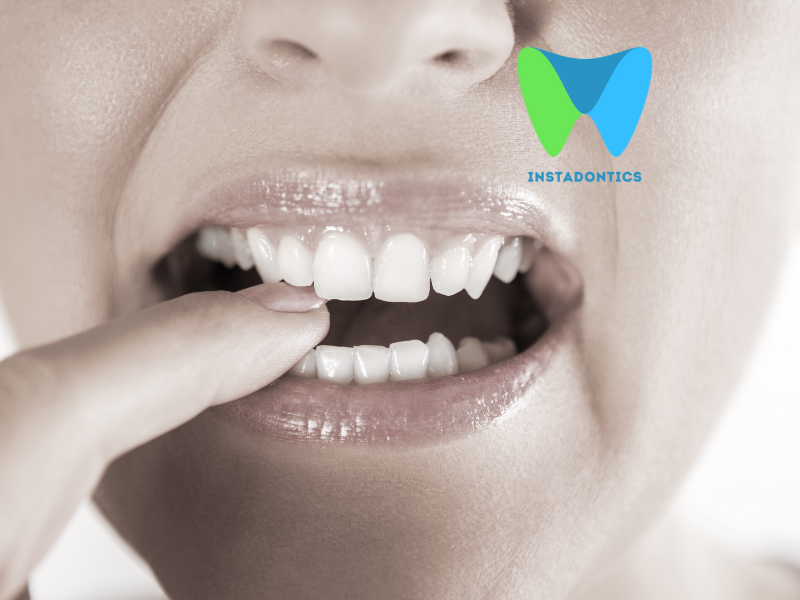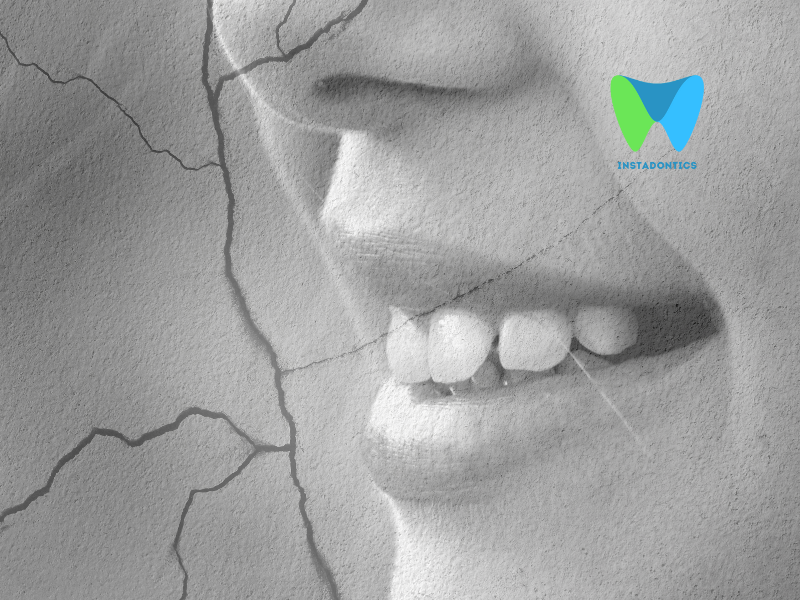Experiencing tooth pain when drinking cold water can be alarming and uncomfortable. This sensitivity can disrupt your daily routine and make enjoying your favorite beverages a challenge. Understanding the underlying causes of this pain is essential for addressing the issue effectively. In this blog, we will explore the common reasons why your tooth may hurt when exposed to cold water and what you can do to alleviate the discomfort.
Understanding Tooth Sensitivity
Tooth sensitivity, also known as dentin hypersensitivity, occurs when the inner layers of the tooth become exposed or irritated. Healthy teeth have a protective outer layer called enamel, which shields the sensitive dentin and pulp inside. When this protective layer is compromised, stimuli like cold water can trigger pain signals, leading to discomfort.
Why Does My Tooth Hurt When I Drink Cold Water?
Common Causes of Tooth Pain from Cold Water
1. Enamel Erosion
One of the primary reasons for tooth sensitivity to cold is enamel erosion. Enamel can wear down due to various factors, including:
- Acidic Foods and Beverages: Consuming acidic foods and drinks, such as citrus fruits, sodas, and wine, can erode enamel over time.
- Brushing Too Hard: Using a hard-bristled toothbrush or applying excessive pressure while brushing can wear down enamel.
- Brushing Immediately After Eating: When you eat, especially acidic foods, the enamel temporarily softens. Brushing immediately afterward can contribute to erosion.
As enamel erodes, the underlying dentin becomes exposed, making your teeth more sensitive to temperature changes.
2. Gum Recession
Gum recession occurs when the gum tissue pulls back from the tooth, exposing the tooth root. The root is not covered by enamel and is more sensitive to temperature changes. Factors contributing to gum recession include:
- Periodontal Disease: Gum disease can lead to inflammation and recession of the gums.
- Aggressive Brushing: Brushing too hard can cause the gums to recede over time.
- Genetics: Some individuals are more prone to gum recession due to genetic factors.
When the roots are exposed, cold water can trigger sharp pain as it comes into contact with the sensitive nerve endings.
3. Tooth Decay
Cavities or tooth decay can also lead to sensitivity when consuming cold beverages. Decay damages the enamel and creates openings through which cold water can reach the sensitive inner layers of the tooth. If you experience pain in a specific tooth when drinking cold water, it may be a sign of a cavity that requires dental treatment.
4. Cracked or Fractured Teeth
A cracked or fractured tooth can become sensitive to temperature changes. When you drink cold water, the temperature change can cause the tooth to expand or contract, leading to pain. Cracks can result from various factors, including:
- Trauma: An injury to the mouth can lead to a cracked tooth.
- Biting Hard Foods: Chewing on hard foods, such as ice or hard candy, can cause fractures.
If you suspect a cracked tooth, it’s essential to see a dentist for evaluation and treatment.
Related: Cracked Tooth Syndrome: Pain, Symptoms, Diagnosis & Treatment
5. Dental Work
If you have recently undergone dental procedures, such as fillings, crowns, or whitening treatments, you may experience temporary sensitivity to cold. This sensitivity usually subsides over time as the tooth heals. However, if the pain persists, it’s crucial to consult your dentist.
What Can You Do About It?
If you experience tooth pain when drinking cold water, here are some steps you can take to alleviate the discomfort:
- Use Desensitizing Toothpaste: Special toothpaste designed for sensitive teeth can help block pain signals and reduce sensitivity over time. Look for products containing potassium nitrate or strontium chloride.
- Practice Gentle Oral Hygiene: Use a soft-bristled toothbrush and avoid aggressive brushing techniques to protect your enamel and gums.
- Limit Acidic Foods and Beverages: Reducing your intake of acidic foods and drinks can help prevent further enamel erosion.
- Stay Hydrated: Drinking water can help neutralize acids in the mouth and promote saliva production, which protects your teeth.
- Consult Your Dentist: If sensitivity persists or worsens, it’s essential to see a dentist for a thorough examination. They can identify the underlying cause of your tooth pain and recommend appropriate treatment.
Tooth Pain from Cold Water can be a sign of an underlying issue.
Tooth pain when drinking cold water is a common issue that can stem from various causes, including enamel erosion, gum recession, tooth decay, cracked teeth, and recent dental work. Understanding the underlying reasons for your sensitivity is crucial for finding effective relief and preventing further discomfort. If you’re experiencing persistent tooth pain, don’t hesitate to consult your dentist for a proper diagnosis and treatment plan. By taking proactive steps to care for your teeth and addressing sensitivity, you can enjoy your favorite cold beverages without discomfort.



